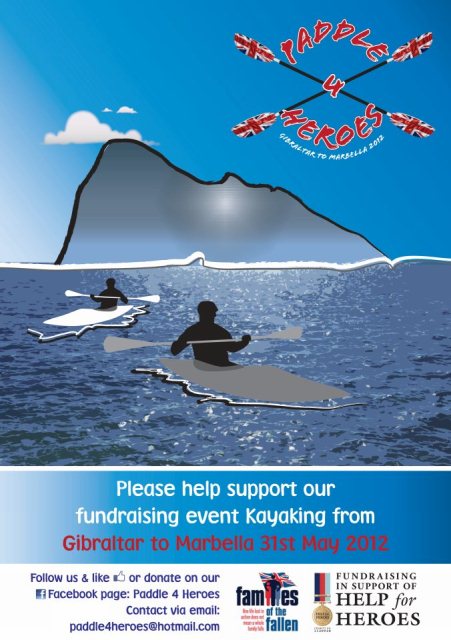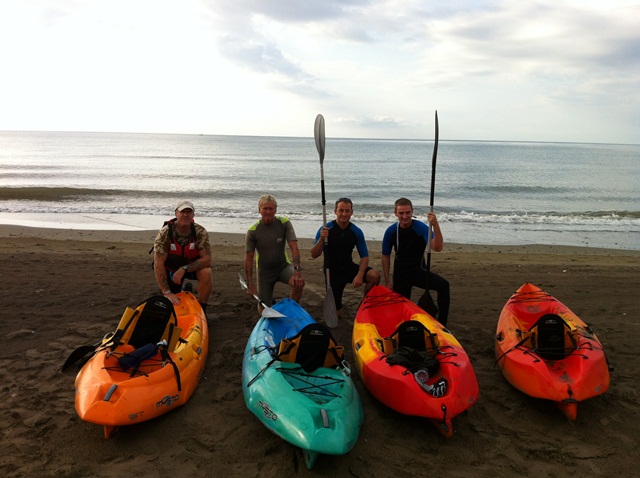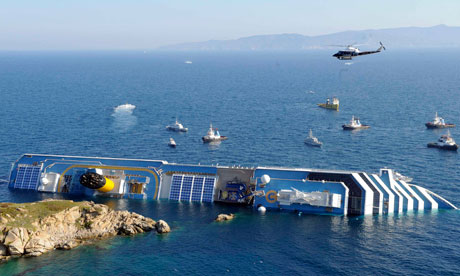U.S. President Barack Obama has defended the use of drone strikes in Pakistan, which U.S. officials have never before publicly acknowledged. Speaking during an online town hall discussion Monday, President Obama said the drone attacks have been used to target al-Qaida and its affiliates, and that many of the strikes have been in Pakistan's semi-autonomous tribal areas bordering Afghanistan. The president said the operations are used for "very precise, precision strikes," and he said the United States does not authorize the attacks "willy-nilly." He said it is a targeted, focused effort against "active terrorists" in difficult-to-reach locations. Following the president's remarks, a Pakistani Foreign Ministry spokesman told the French news agency that the attacks are "unlawful, counterproductive and hence unacceptable," despite, what he called, their "tactical advantages." The Pakistani government has long condemned the drone strikes as a violation of its sovereignty, but the attacks are believed to be carried out with the help of Pakistani intelligence. Until Monday, U.S. officials had never confirmed the missile strikes against militants in Pakistan's tribal areas, but they have anonymously confirmed such attacks to various news outlets.



 03:21
03:21
 Reportage
Reportage









